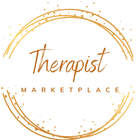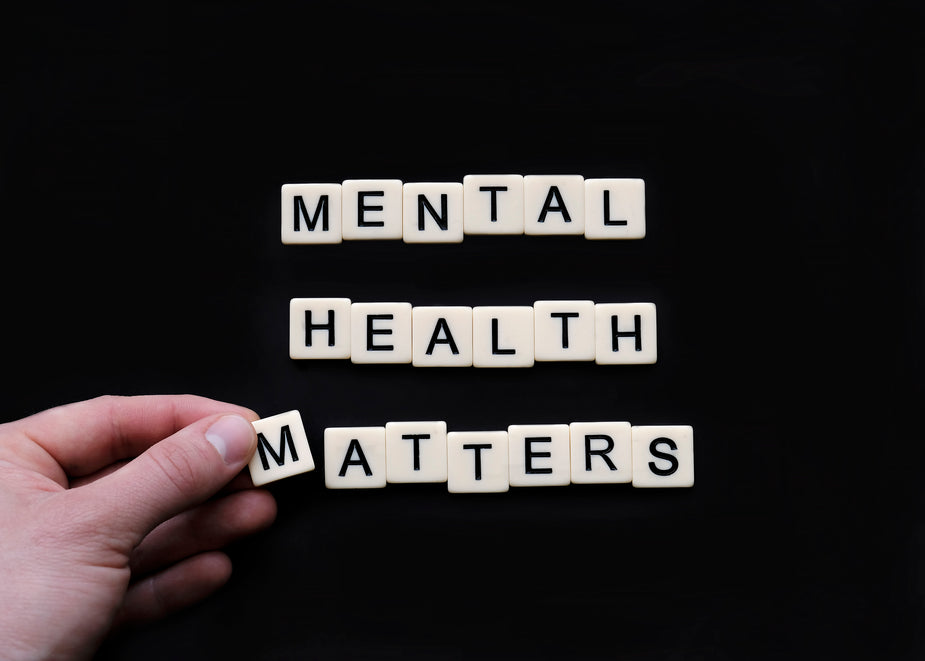As mental health professionals, it is our duty to provide support and care to individuals who are struggling with mental health issues. On October 10th, the world celebrated mental health awareness day, reminding us of the significance of this aspect of our work. This week also began with the shocking news of the attack on Israel. In our role as therapists, we are duty-bound to support and help our clients process both their own mental health concerns as well as the effects and fall-out of world events, whether they are distally connected or closer to their lived experience.
Understanding the Body’s Communication
Our bodies communicate with us in multiple ways, and our mental health is no exception. Helping our clients attune to the signs and symptoms their bodies experience, can help deepen their affective world with increased understanding. For instance, paying attention to when the body feels tense or antsy, might indicate a stress response, which would help facilitate discussion around the origins of this response. Additionally, exploring the client's family of origin can provide much needed insight into their current functioning and symptom expression. Consider using genograms to help facilitate this discussion.
Checking the Intensity, Frequency, and Duration of Symptoms
When we recognize and identify symptoms in our clients, the next step is to monitor their intensity, frequency, and duration. For example, if you experiencing a low mood for over two weeks, may signal depression. Keeping an eye on how often and how long symptoms last can help us identify potential mental illnesses and act accordingly. Consider keeping a diagnostic tool readily available to help you diagnose symptom clusters and to help educate your clients.
Support Your Clients
Increasing mental health awareness by connecting, educating and providing your client with resources is a great step towards supporting them in their journey. While you are holding space for them in the therapy, you could also be providing them with supportive tools outside of the therapy hour that will help them in their own healing process. This could include recommending self-help books, mindfulness, or providing resources that encourage self-reflection, like many of the resources on Therapist Marketplace! . The more equipped your clients are with resources and knowledge, the better they will be able to manage their mental health.
Empowering Your Clients
Equipping our clients with knowledge and resources is a powerful strategy for empowering them to take charge of their mental health. The more informed and resourceful our clients become, the more effective they are in managing and improving their mental well-being.

